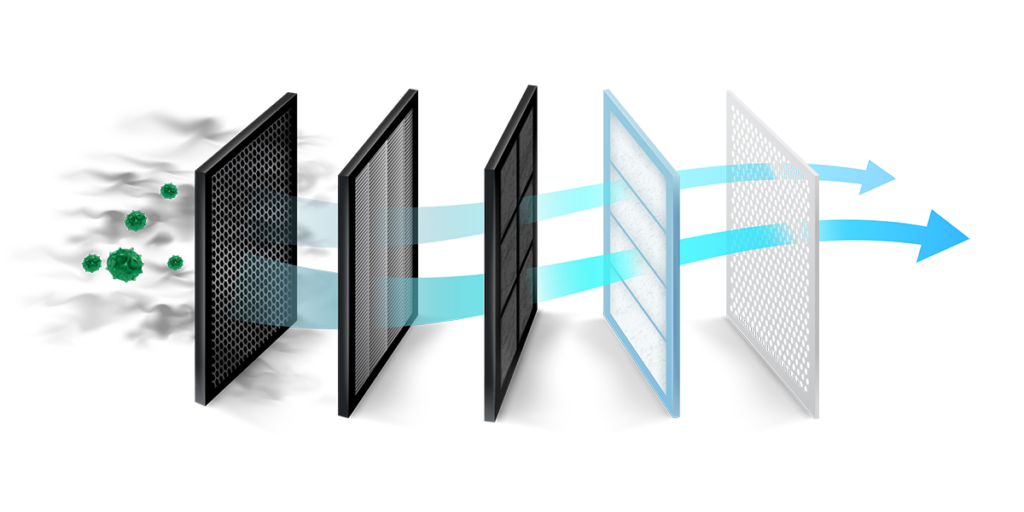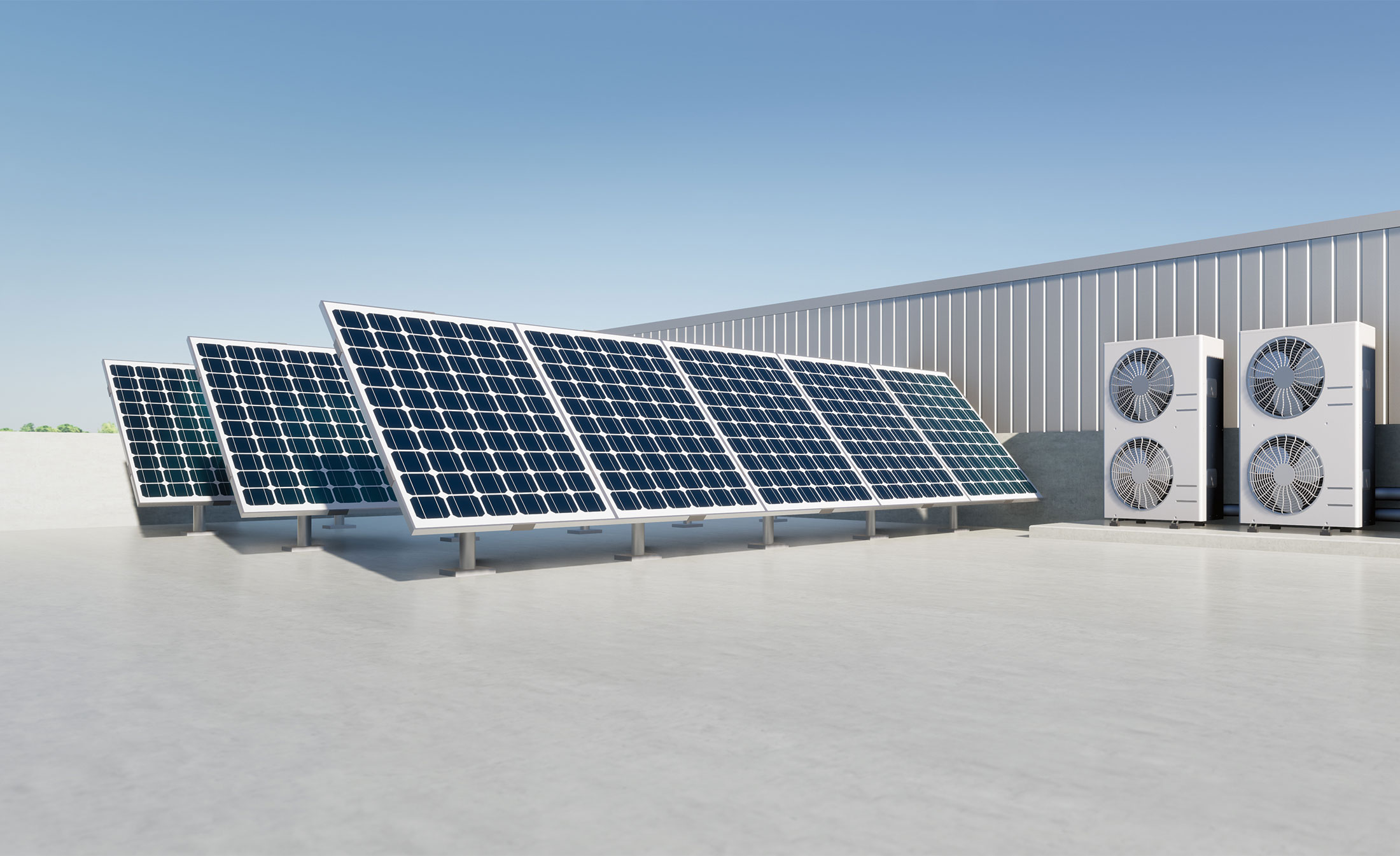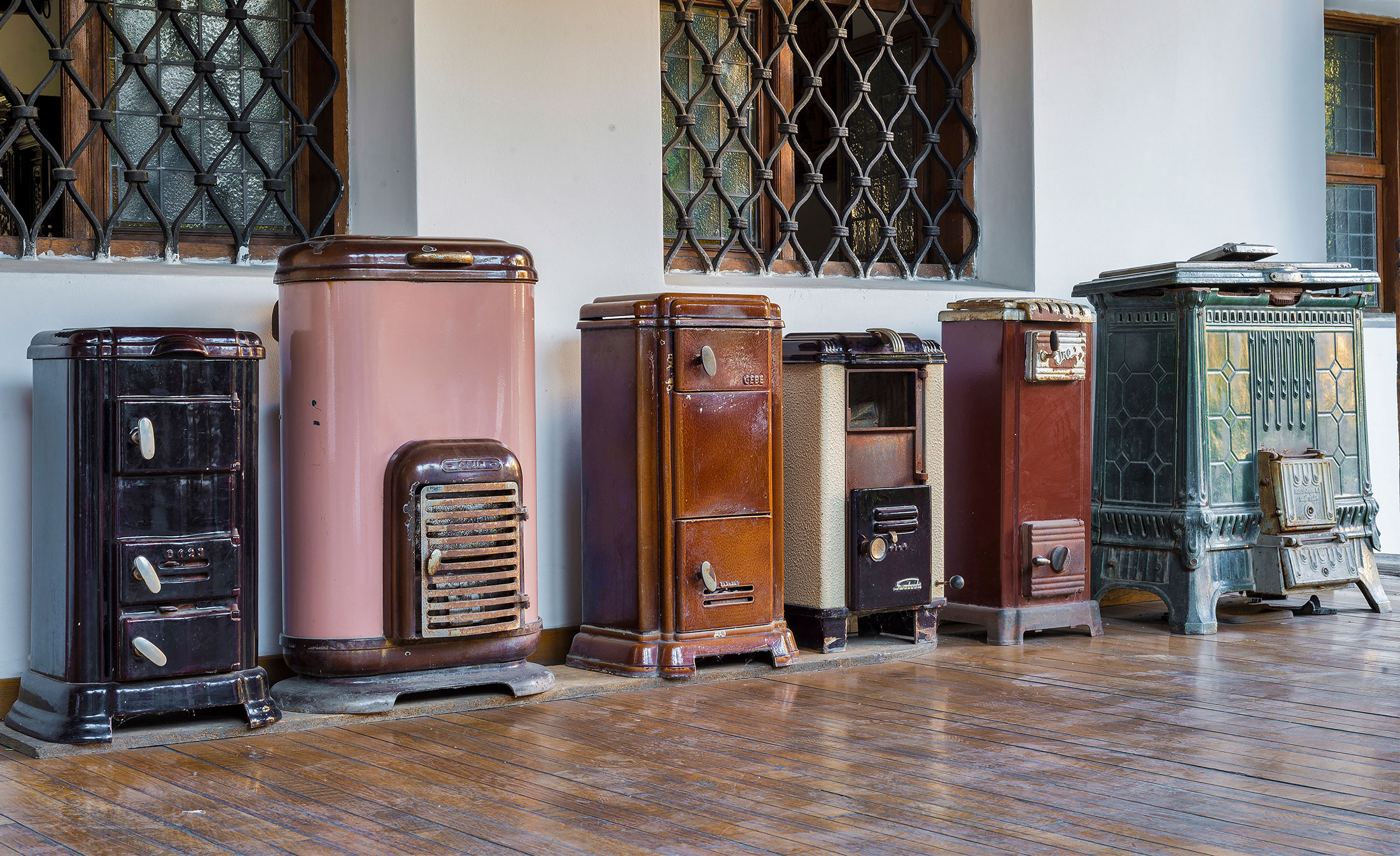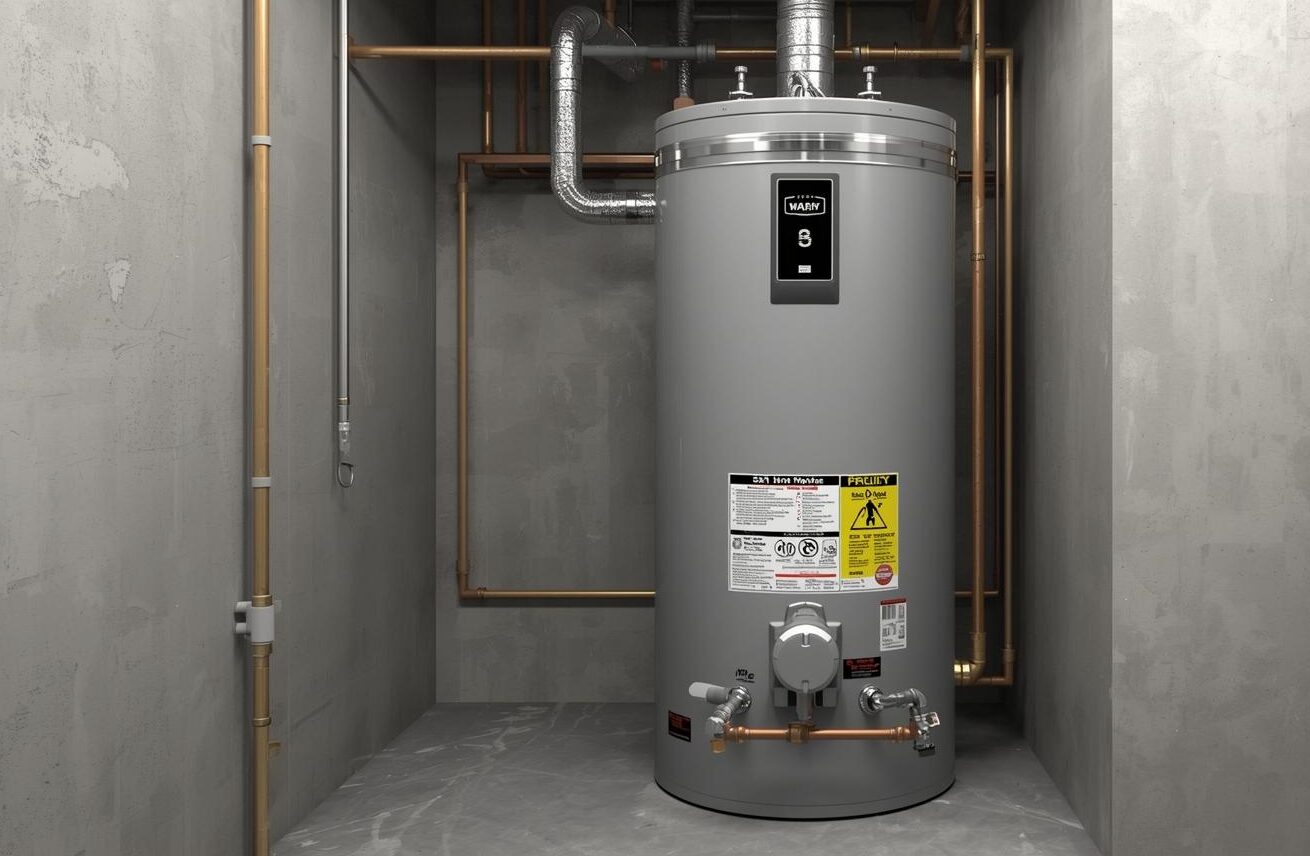Clean and Replace Your Air Filters
As a homeowner in Albuquerque, NM, keeping your home warm and comfortable during the winter months is a top priority. One of the simplest yet most essential maintenance tasks for your heating system is replacing heating system air filters regularly. While it might seem like a minor detail, dirty or clogged air filters can have a significant impact on your HVAC system’s efficiency, indoor air quality, and even your energy bills.
In this post, we’ll explain the role air filters play in heating systems, why you should replace them regularly, and how clean filters help improve both indoor air quality and the performance of your heating system.
What Do Heating System Air Filters Do?
Air filters are an essential component of your heating system. Their primary function is to capture dust, dirt, pet dander, pollen, and other airborne particles before they can enter the heating system and circulate through your home. By trapping these particles, the air filters prevent them from clogging up your heating system’s components and protect the system’s efficiency.
Air filters are typically located in the return air ducts or near the furnace itself, and they filter all the air that moves through your heating and cooling system. Over time, the filters become filled with debris, making it harder for air to pass through.
Why Replacing Heating System Air Filters Is Important
1. Maintaining System Efficiency
One of the most important reasons for replacing heating system air filters regularly is to maintain the efficiency of your heating system. When the filter becomes clogged with dust and debris, it restricts airflow, forcing your system to work harder to heat your home. This not only causes the system to use more energy but also increases wear and tear on the components, leading to more frequent breakdowns and repairs.
By keeping your filters clean, you can ensure that your heating system operates efficiently, reducing the strain on the blower motor and other parts. In a place like Albuquerque, where you rely heavily on your heating system during the cooler months, regular filter replacement can help avoid unnecessary repairs and extend the life of your HVAC system.
2. Improving Indoor Air Quality
Indoor air quality is a crucial factor in maintaining a healthy home, especially for people with allergies or respiratory conditions. Dirty air filters can reduce indoor air quality by allowing dust, allergens, and other pollutants to circulate throughout your home. When air filters are clogged, they can no longer trap these particles effectively, allowing them to recirculate in the air you breathe.
Regularly replacing your air filters ensures that your heating system continues to capture harmful particles, keeping the air in your home cleaner and healthier. In Albuquerque, where dust and allergens can be a concern, clean air filters can make a significant difference in your home’s air quality.
3. Reducing Energy Costs
One of the lesser-known benefits of replacing heating system air filters is the potential for energy savings. A clogged filter restricts airflow, causing your heating system to work harder to maintain a consistent temperature in your home. The harder your system has to work, the more energy it uses, which translates to higher utility bills.
According to the U.S. Department of Energy, replacing a dirty air filter can lower your heating and cooling system’s energy consumption by up to 15%. This can add up to substantial savings over the course of a year, especially during the colder months when your heating system is running more frequently.
4. Preventing System Failures
Neglecting to replace your air filters regularly can lead to more than just higher energy bills—it can also cause your heating system to overheat and fail. When airflow is restricted, the system’s blower motor has to work harder, which can lead to overheating and, eventually, a system breakdown.
In extreme cases, dirty filters can even cause the heat exchanger to crack, which is a costly repair and can lead to safety hazards, such as carbon monoxide leaks. By performing regular maintenance and replacing your air filters, you can prevent these problems and keep your heating system running smoothly throughout the winter.

How Often Should You Replace Heating System Air Filters?
The frequency with which you should replace your air filters depends on several factors, including the type of filter you use, the size of your home, and whether you have pets or allergies.
Here are some general guidelines:
- Basic Fiberglass Filters: These should be replaced every 30 days. Fiberglass filters are inexpensive and effective at trapping large particles, but they tend to clog quickly.
- Pleated Filters: Pleated filters have a larger surface area and can trap smaller particles. These filters should typically be replaced every 90 days, but if you have pets or allergies, you may need to replace them more frequently.
- High-Efficiency Filters: High-efficiency filters, such as HEPA filters, can last up to six months. However, they can also restrict airflow more than basic filters, so it’s essential to monitor them closely and replace them when necessary.
In homes with pets, smokers, or allergy sufferers, it’s a good idea to check and replace air filters more frequently. Also, during the heating season in Albuquerque, where you use your system more often, more frequent filter changes can ensure optimal performance.
How to Replace Heating System Air Filters
Replacing your heating system’s air filters is a simple task that you can easily do yourself. Here’s how to do it:
- Turn off the Heating System: Before replacing the filter, turn off your heating system to avoid circulating dust and debris during the replacement process.
- Locate the Filter: The air filter is usually located in the return air duct or near the blower compartment of the furnace. Consult your HVAC system’s manual if you’re unsure where to find it.
- Remove the Old Filter: Gently slide out the old filter and dispose of it.
- Install the New Filter: Insert the new filter, ensuring that it is facing the correct direction (there should be arrows indicating airflow direction).
- Turn the System Back On: Once the new filter is in place, turn your heating system back on and enjoy the improved efficiency.
Conclusion: Keep Your Heating System Efficient with Clean Filters
Replacing heating system air filters regularly is one of the easiest and most effective ways to maintain your HVAC system. Clean air filters improve system efficiency, enhance indoor air quality, reduce energy costs, and prevent costly breakdowns. For homeowners in Albuquerque, where heating systems work hard during the winter, regular filter changes are essential to keeping your system running smoothly.
If you have any questions about maintaining your heating system or need help replacing your air filters, contact Nespolo Mechanical. Our team of experts can help ensure your home stays comfortable and efficient all winter long. Call (505) 226-5855.



